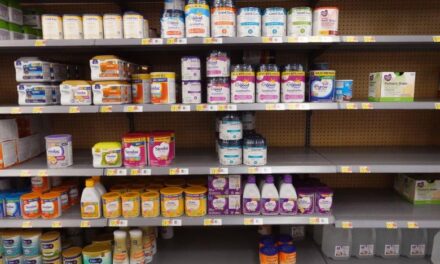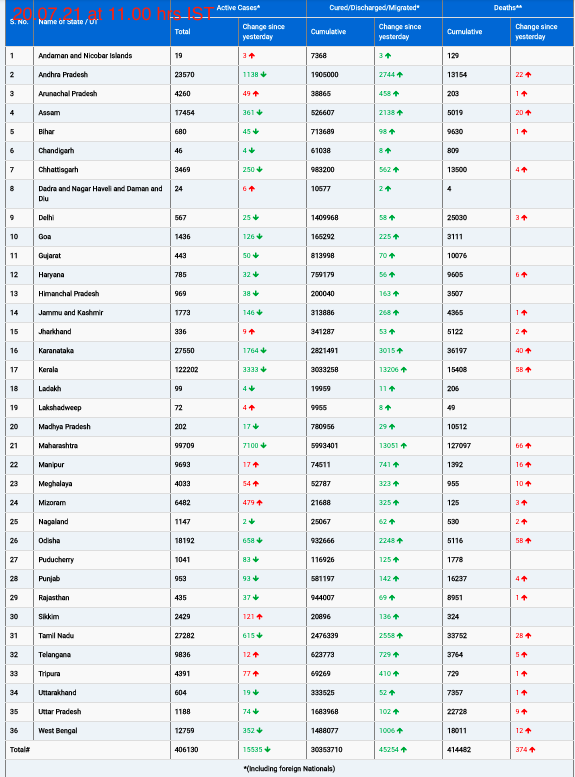In a world where the convenience of bottled water has become the norm, a new commentary published in BMJ Global Health urges consumers to rethink their reliance on plastic bottles. Each minute, over one million bottles are purchased globally—a staggering figure contributing to environmental degradation and raising significant health concerns.
Escalating Bottled Water Use: A Growing Concern
The vast consumption of bottled water has become a global issue. As population health experts from Weill Cornell Medicine in Qatar highlight, this habit is set to increase, placing greater pressure on both human health and the environment. While around 2 billion people without access to safe drinking water rely on bottled water as a necessity, the majority of consumers purchase it for convenience, often under the mistaken belief that it is safer than tap water.
Hidden Health Risks of Bottled Water
Contrary to popular belief, bottled water may not always meet the same safety standards as tap water, posing hidden risks. Plastic bottles, especially when stored for long periods or exposed to sunlight and heat, can release harmful chemicals, such as phthalates and bisphenol A (BPA). These substances, known as endocrine disruptors, can lead to a host of health issues, from oxidative stress to changes in blood fat levels. BPA, in particular, has been linked to cardiovascular disease, diabetes, and obesity.
Microplastic contamination is another significant concern. Studies show that between 10% and 78% of bottled water samples contain microplastics, which can affect immune function and blood chemistry. As the commentary notes, the long-term effects of microplastic exposure remain uncertain, but the potential risks to public health are profound.
Environmental Catastrophe: Plastic Bottles’ Impact
Bottled water’s environmental toll is as alarming as its health risks. Plastic bottles are the second most common pollutant found in the oceans, representing 12% of global plastic waste. With only 9% of these bottles being recycled, the majority end up in landfills, incinerators, or are exported to low- and middle-income countries, placing an undue burden on these regions.
The process of manufacturing and disposing of plastic bottles contributes significantly to greenhouse gas emissions, exacerbating climate change. Experts argue that social justice issues arise when countries with fewer resources are left to manage the waste exported from wealthier nations.
Tap Water: A Greener and Safer Alternative
Tap water, on the other hand, emerges as a more sustainable and safer choice. Unlike bottled water, it is subjected to stringent safety standards and does not contribute to plastic pollution. Encouraging a shift towards tap water consumption is a key strategy to reduce the environmental footprint of plastic bottles and promote better health outcomes.
Call to Action: A Shift in Public Perception
The authors of the commentary stress the need for stronger government intervention and public education campaigns. Efforts should focus on dispelling the myths surrounding bottled water’s superiority and promoting the environmental and health benefits of tap water. While some progress has been made, such as initiatives to reduce single-use plastics in restaurants and public spaces, much more remains to be done.
They conclude with a strong call for governments, particularly in low- and middle-income countries, to invest in infrastructure that ensures access to safe drinking water. Such investments are vital to reducing reliance on bottled water and fostering a cultural shift towards sustainable water consumption practices.
Urgent Recommendations
“The reliance on bottled water incurs significant health, financial, and environmental costs,” the authors conclude. “By prioritizing tap water, we can address these challenges and embrace tap water as a cornerstone of environmental responsibility and public health.”
The urgency to act is clear: ditch the bottle, turn to the tap, and help safeguard both your health and the planet.












